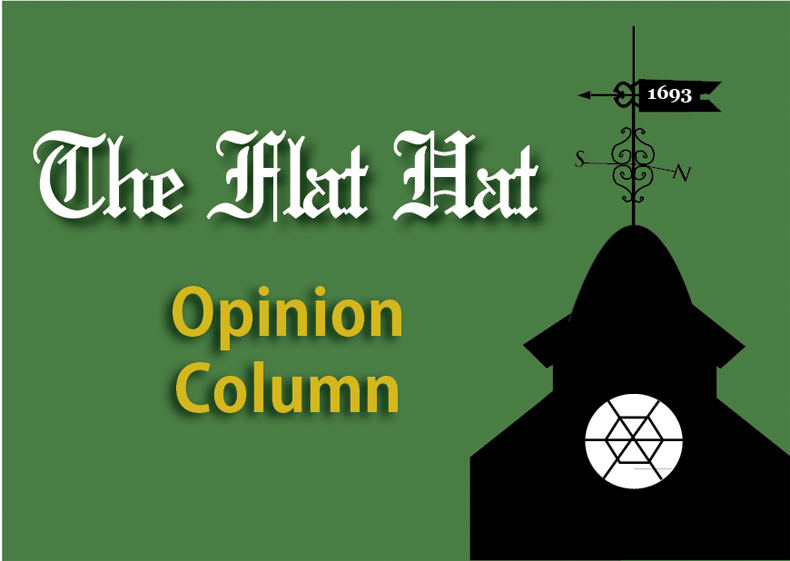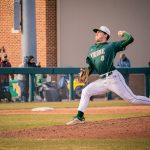Robert Gates ’65 has the opportunity to have the greatest impact of any chancellor to date. Today, College of William and Mary President Reveley and Board of Visitors Rector Jeffery B. Trammell ’73 will formally invest Gates as the College’s 24th chancellor at this year’s Charter Day Ceremony. I expect to big things from Gates during his seven-year term.
For those of us unaware that the College had a chancellor, you may be wondering, what exactly does the chancellor do? What can we hope to see from Chancellor Gates?
To do these questions justice, we must look back at the College’s 319 years. According to the Royal Charter, the chancellor should serve as the College’s formal representative to the British crown while also filling the role of main faculty recruiter. Apparently, reading between the lines of the Charter, the chancellor was supposed to do all this without ever seeing the College, because none of them ever stepped foot in Williamsburg,
After the American Revolution, the College didn’t seem to know what to do with the position. The post was filled with two former United States presidents (George Washington and John Tyler) two ex-presidents of the College, a Virginia governor and a historian who had served on the BOV. The chancellor position also remained vacant for stretches of years ranging from two to 60.
But in 1986, the BOV appointed former Supreme Court Chief Justice Warren E. Burger and the role of chancellor crystallized. Burger and the three chancellors who succeeded him all came from a public office of considerable prestige and served as goodwill ambassadors for the College. Chancellors officiated at commencements and Charter Days and generally helped to raise the profile of the College.
The quartet of modern-era chancellors (Burger, Thatcher, Kissinger and O’Connor) has left its mark on the College in different ways. Burger’s son donated the late chief justice’s collection of personal and professional papers to the College; the Warren E. Burger Collection will open in 2026 and permanently reside in Williamsburg. British Prime Minister Margaret Thatcher, who served from 1993 until 2000, made six trips to the College while chancellor and bookended her term with two Charter Day addresses.
So, why am I especially bullish on Gates? It’s not just because Gates fits the pedigree of his predecessors so well. During his illustrious public service career, Gates was the director of the Central Intelligence Agency and the first Secretary of Defense to serve under presidents of different political parties.
Gates has such great potential as chancellor because of his commitment to higher education and his connection to the College. Gates served as president of Texas A&M University from 2002 to 2006. During that period, Gates rejected an offer for the position of director of National Intelligence, proving the lifelong civil servant’s appreciation of academia.
The 1965 Algernon Sydney Sullivan Award winner has always kept the College close to his heart, returning to Williamsburg to address the College for Charter Day in 1998 and for Commencement in 2007.
But just in case our new chancellor needs any help in leaving his mark on the College, I have a few ideas. While 17 of the 43 U.S. presidents have visited the College, none have come since George H. W. Bush in 1995 — perhaps Gates can recruit one of his old bosses to deliver a Commencement address. If he ever moved back to the East Coast, I’m sure Gates would have much knowledge to dispense, be it through a guest lecture or by teaching a class. And I certainly hope that this isn’t the last time Gates addresses the College. Whatever the chosen route, I’m sure both the College and our chancellor will gain much from the partnership. Welcome home, Chancellor Gates.




































